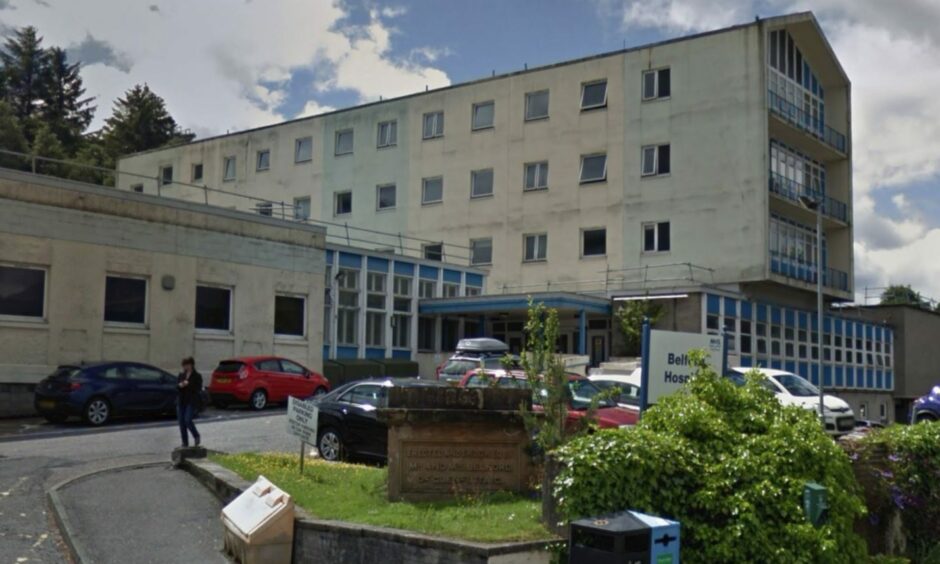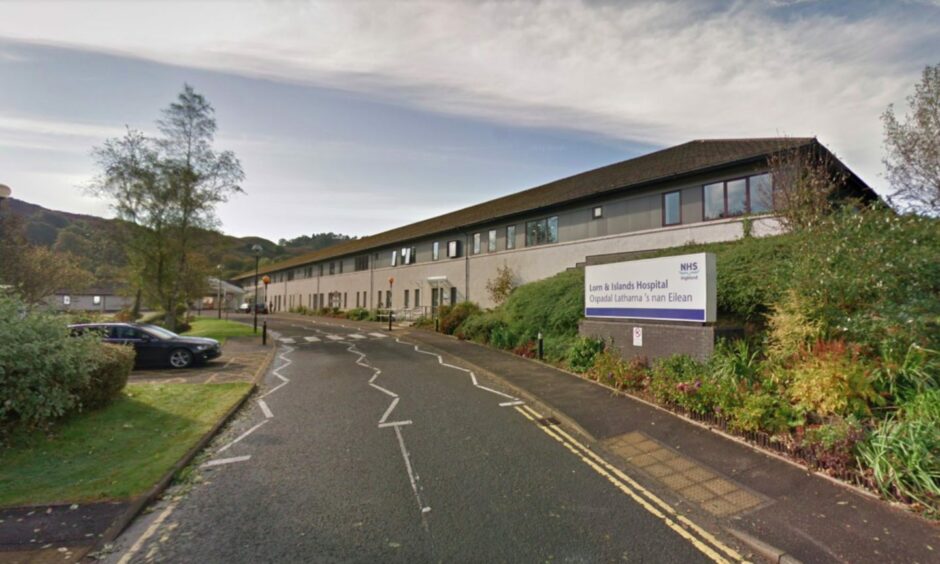An NHS medic fears the long-standing culture of bullying at remote Highland hospitals could push staffing levels past breaking point.
Their rural locations are already a barrier to recruitment, and droves of existing staff are leaving, being signed off sick or becoming completely burnt-out with no end in sight.
Bosses are having to rely on locums as they can’t fill permanent positions, and it’s claimed workers are becoming “disillusioned” by the slow pace of change.
One medic has spoken out anonymously, fearing the impact it could have on their career, following news that more than 270 bullying victims at NHS Highland have received pay-outs as compensation.
They say senior managers haven’t grasped the severity of the situation – but the health board has maintained the culture is changing.
‘Staff were just told to get on with it’
The medic says staff were “just told to get on with it” when they raised concerns, and said: “It’s terrible.”
And the NHS worker’s own health suffered as a result of the bullying culture, which left them often feeling undermined by others.
“It’s had a big impact,” they said. “I was having sleepless nights thinking about how much work we had been ordered to do.
“I ended up overweight and unfit.”
They claimed the problems over the years stemmed from senior managers who rarely visited rural hospitals to speak to staff on the ground.
Staff shortages
The medic highlighted how there have been difficulties finding consultants to work at the Belford Hospital in Fort William and the Lorn & Islands Hospital in Oban.
Many of the shifts in acute general medicine are covered by locums, they said, with only one permanent consultant working in the department at each hospital.
“The locums don’t always know the systems at the hospital, how to handle all the software, how to handle results, how to prescribe, those sorts of things,” the medic explained.
“So even if they’re there for a week, it’s really difficult for them to settle in.”
They said three consultants had given up their jobs at the hospital in Fort William over the past year.
“The health service in the west coast is in a really parlous state,” they said.
“The situation may have got to the stage that the hospitals will fail just because they can’t recruit people.
“So many consultant staff have left, resigned or gone off sick with stress because the management simply don’t believe them, don’t respect them and at times bully them as well.”
Staff don’t have confidence to report incidents to senior managers
It’s claimed staff working in rural hospitals had lost confidence in reporting incidents to senior managers at NHS Highland.
And the medic claimed managers at Lorn & Islands Hospital were even told off for flagging up maintenance work that needed carried out.
“We have to create a culture where people are absolutely confident they can speak up and they will be listened to and respected,” the medic said.
What is happening now?
Last month NHS Highland apologised for the “lasting hurt and harm” caused to bullied staff after paying out more than £2.8 million in compensation.
The apology came on the back of an investigation launched into allegations of bullying behaviour raised by whistleblowing medics in 2018.
A review has just concluded and revealed that more work needs to be done by managers to create a “positive and welcoming” workplace culture.
But the medic claims there are still problems in the west coast with staff still “haemorrhaging out of the two hospitals”.
And they said staff had become “disillusioned” by the organisation.
“The NHS is in a very difficult situation because we’ve lived through 30 years where it has been run by bullying,” they added.
“It has become the ordinary thing and it’s extremely difficult to get people in who can affect the change.”
What is NHS Highland saying?
NHS Highland says it has addressed some of the recommendations but accepts there is “so much more to do” to change the workplace culture.
The health board said it has “zero tolerance” for bullying behaviour and encourages staff to raise issues with its Guardian Service.
A spokesman told us: “Like any large and complex organisation, issues with relationships and behaviours among our 10,500 colleagues can always arise, especially working under the significant pressures that exist in our system as the result of increased demand, staffing challenges and the impacts of the pandemic.
“We cannot expect there to be no issues, but our focus is on ensuring that colleagues can raise concerns and have them addressed.”
More health news…
Working for NHS Highland ruined my life
Zambian nurses take up roles at NHS Highland
Highland healthcare workers to benefit from wellbeing funding





Conversation